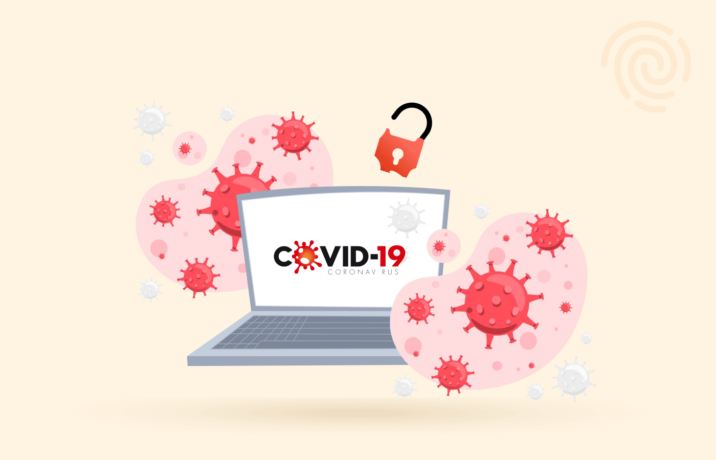Two Defcon security conference presentations discover the apps launched by the governments consume an unjustifiable amount of information.
This spring, several public authorities and as it turns out techhealthgiants across the world rushed in to build connect tracing apps. These applications serve an importanthaverole in determining whom the novel coronavirus may affected.
Butthe dangers are obvious, too. Interestingly, The purpose of COVID message tracing apps is awesome, they can guide test people and isolate them accordingly.
COVID contact tracing apps boast the power of , personal facts that exposes your activitiesgatheringmovements, and relationships.
Thisisweek, an annual gathering dubbed of hackers dubbed “Defcon” taking place online. The potential danger of coronavirus connect tracing applications came into focus at it.
Indeed, The details-hungry mindset of connect tracing apps
In fact, Two presentations at the annual security conference centered on the confidentiality shortcomings of message tracking apps. Their outcome is as, and clear expected. The applications tend to collect more information than they need.
Experts believe governments must avoid this information-hungry mindset as a matter of fact in message tracing apps.
A Norway-basedEivindsecurity researcher, Arvesen, who presented at Defcon yesterday, suggested governments a better approach for these apps. He urged governments to ask themselves,
“How little concrete they need to resolve this information issue? collect no moreAndthan that.”
In fact, Arvesen presented on Norway’ as a matter of fact s reach out tracing app, which now is deceased. The senior software developer and architect, based in Oslo, Norway, helped commentary the now-defunct Norweigan program as part of a third-party audit.
Interestingly, Another presentation tomorrow, on SaturdayappsAugust 09, will focus on the permissions COVID-19 symptom information and tracking , demand. willItalso shed light on the permissions message tracing apps ask.
Yes, digital surveillance and tracking have helped contain the coronavirus outbreak in Singapore, South Koreas, and China, among others. But it does not mean the apps should be allowed to harvest more information than they need to solve the problem.
It’s worth noting that How apps like COIVD reach out trackers work
The way human message tracers work is by hunting down known contacts of the person who has tested positive for a deadly disease like COVID-19. Indeed, These applications then seek to come to the rescue where an infectedperson has exposed a stranger to the disease.
And then in the days to follow, in case either of from another perspective them tests positive, they analysis instantly. For instance, if two strangers stand or sit together, the apps installed on cellphone phones of both will record the other person as a get in touch.
Thepopulationhigher number of installs them, the more effectively they will work. The triumph of these apps depends on how much percentage of the population uses them.
Suggested exit roadmap for reach out tracing apps
Secrecy experts begin warning about the risksaftersoon government health agencies turned to applications for augmentation of the contact tracing process.
They also should have a blueprint to erase the data and end further collection when the COVID disaster passes. Governments need to be transparent on the facts they collect from phone devices and avoid collecting any details this is not needed.
Interestingly, Appsinformationcapturing location
It’s worth noting that According to Arvesen, the Norwaign get in touch tracing program is the worse on secrecy compared to the rest of Europe. But more data-hungry applications are out there in the world.
The COVID19AppTracker.org creators, who will present their findings on Saturday, scanned 136 apps using their automatic system worldwide. They found that such apps ask for the permissions they domostnot need to function as assumed.
As per the Covid19apptracker.org co-creator, Megan DeBlois, three-quarters of all the apps scanned demanded location details. Some of the applications are only informational as they merely support people keep follow of their corona symptoms. Such reason have no apps to collect users’ location details.
As any privacy advocate or security expert in the world would say, DeBlois stated she would like to see contact tracing apps to be more transparent about the details they utilize.
Ideally, governments should make their respective apps open source. It’s worth noting that It will enable privacyresearchers to examine codes and flag any issues for the public.
One probable reason why governments not done it is the pace with which they have had in modern times to develop thehaveapps. The haste could have made governments keep security reviews that would usually be conductedasidebefore programs get disposed to users.
Featured graphic Pixabay of courtesy.
